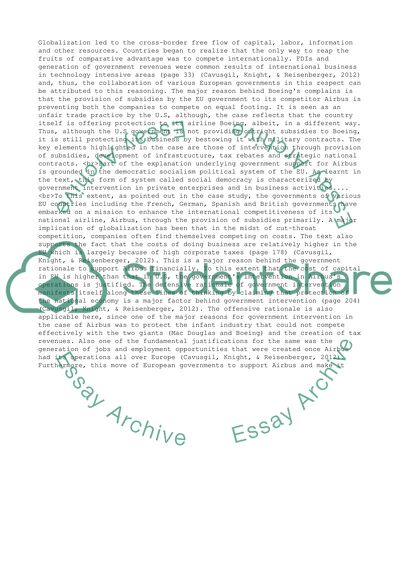Cite this document
(“Government Intervention at Boeing and Airbus Case Study”, n.d.)
Retrieved from https://studentshare.org/business/1442537-government-intervention-at-boeing-and-airbus-page
Retrieved from https://studentshare.org/business/1442537-government-intervention-at-boeing-and-airbus-page
(Government Intervention at Boeing and Airbus Case Study)
https://studentshare.org/business/1442537-government-intervention-at-boeing-and-airbus-page.
https://studentshare.org/business/1442537-government-intervention-at-boeing-and-airbus-page.
“Government Intervention at Boeing and Airbus Case Study”, n.d. https://studentshare.org/business/1442537-government-intervention-at-boeing-and-airbus-page.


